Beekeeping for Beginners: 6 Critical Mistakes to Avoid
1. Avoid Blind Pursuit of Colony Quantity
Many novices mistakenly equate colony quantity with honey production. However, honey yield depends more on colony strength than sheer numbers. Key points:
- Strong colonies (8-10 frames) outperform multiple weak colonies
- Splitting colonies prematurely (at 4-5 frames) leads to management challenges
- Focus on developing robust colonies before considering expansion
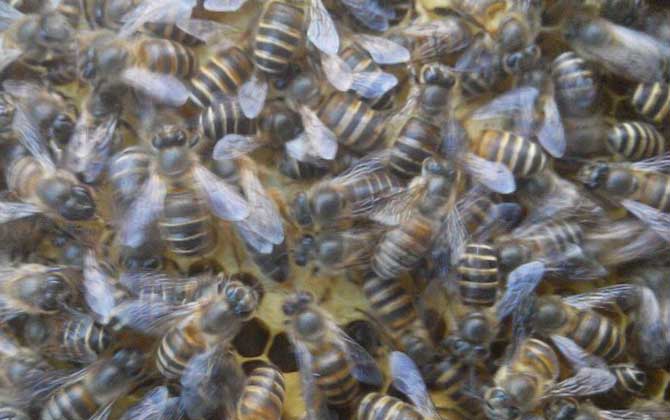
2. Don’t Overpopulate Hives with Frames
Proper frame management is crucial for colony health:
| Season | Ideal Bee-Frame Ratio |
|---|---|
| Winter | Bees should cover 90% of frames |
| Summer | Maintain 70-80% coverage |
Overcrowding frames leads to:
– Temperature regulation issues
– Inefficient cooling in summer
– Increased disease risk
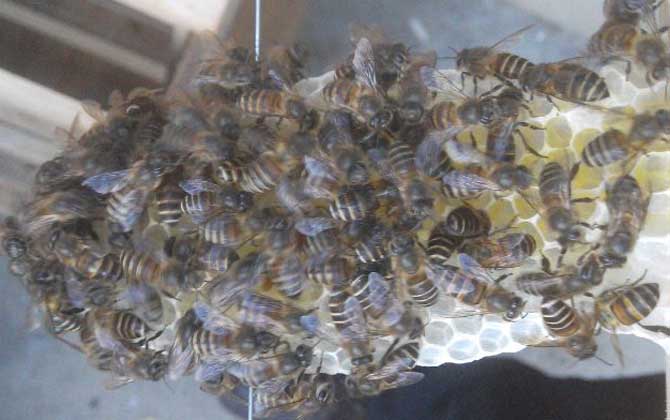
3. Never Fully Deplete Honey Reserves
Proper honey harvesting requires balance:
- Always leave 30-40% honey as emergency feed
- Monitor seasonal nectar flows
- Use queen excluders for controlled harvesting
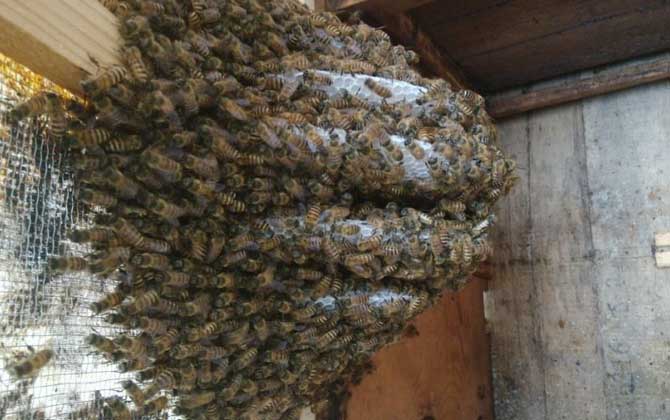
4. Avoid Improper Medication Use
Common treatment mistakes:
✓ Using broad-spectrum antibiotics without diagnosis
✓ Overusing miticides leading to resistance
✓ Ignoring natural treatment alternatives
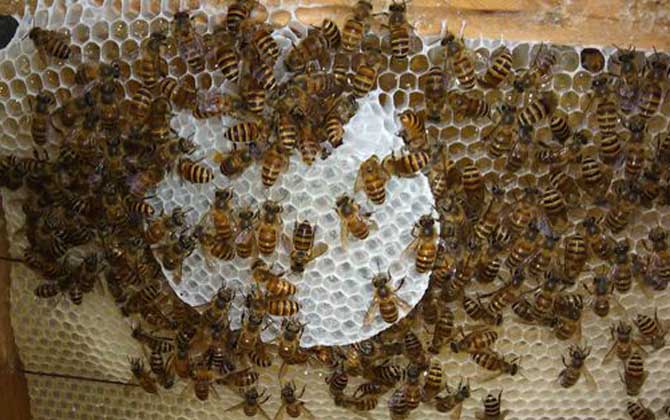
5. Master Proper Feeding Techniques
Understanding feeding types is essential:
Stimulative Feeding
- 1:1 sugar-water ratio
- Encourages brood production
- Used in spring buildup
Supplemental Feeding
- 2:1 sugar-water ratio
- Provides winter stores
- Prevents starvation
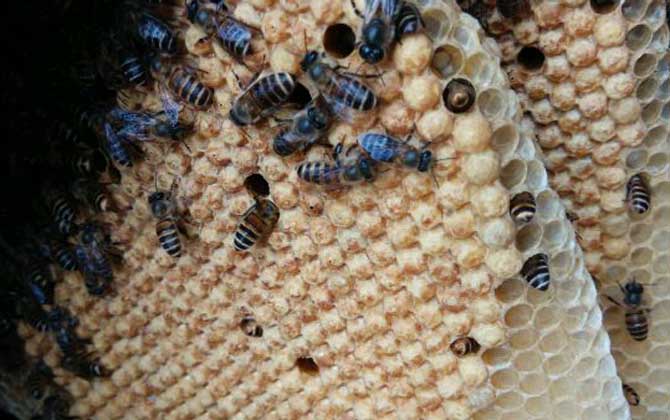
6. Approach Dual-Queen Systems Cautiously
Advanced technique requirements:
• Specialized divided hive designs
• Precise timing for colony separation
• Experience in queen introduction
• Regular colony strength monitoring
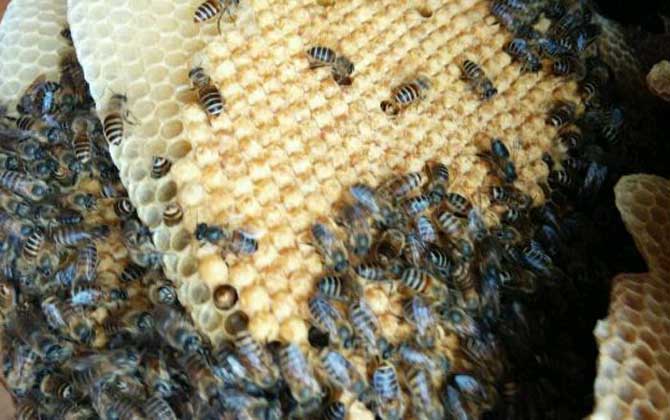
Conclusion: Foundation of Successful Beekeeping
Essential learning path for beginners:
1. Study honeybee biology and behavior
2. Master seasonal management cycles
3. Develop observation and inspection routines
4. Learn from local experienced beekeepers
5. Start with 2-3 colonies for practical learning
Remember: Successful beekeeping combines scientific knowledge with hands-on experience. Always prioritize colony health over short-term gains, and let bee biology guide your management decisions.